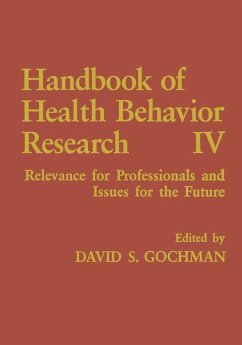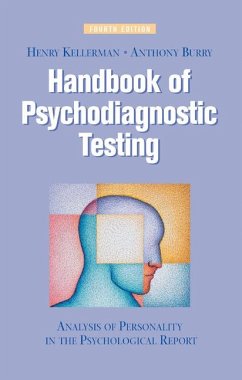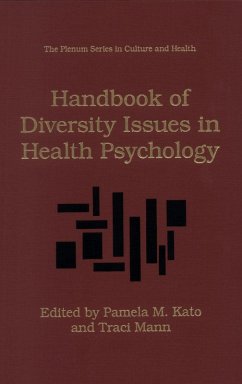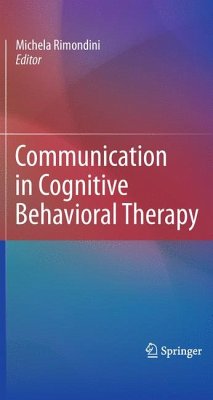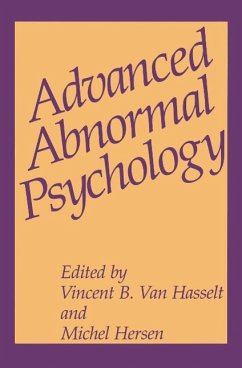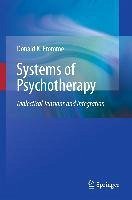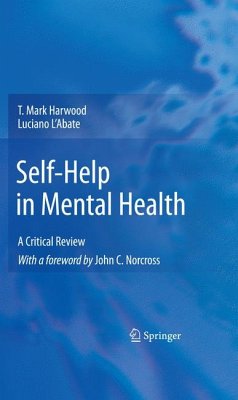
Self-Help in Mental Health (eBook, PDF)
A Critical Review
Versandkostenfrei!
Sofort per Download lieferbar
72,95 €
inkl. MwSt.
Weitere Ausgaben:

PAYBACK Punkte
36 °P sammeln!
Self-help is big business, but alas not a scienti c business. The estimated 10 billion-that's with a "b"-spent each year on self-help in the United States is rarely guided by research or monitored by mental health professionals. Instead, marketing and metaphysics triumph. The more outrageous the "miraculous cure" and the "r- olutionary secret," the better the sales. Of the 3,000 plus self-help books published each year, only a dozen contain controlled research documenting their effectiveness as stand-alone self-help. Of the 20,000 plus psychological and relationship web sites available on the ...
Self-help is big business, but alas not a scienti c business. The estimated 10 billion-that's with a "b"-spent each year on self-help in the United States is rarely guided by research or monitored by mental health professionals. Instead, marketing and metaphysics triumph. The more outrageous the "miraculous cure" and the "r- olutionary secret," the better the sales. Of the 3,000 plus self-help books published each year, only a dozen contain controlled research documenting their effectiveness as stand-alone self-help. Of the 20,000 plus psychological and relationship web sites available on the Internet, only a couple hundred meet professional standards for accuracy and balance. Most, in fact, sell a commercial product. Pity the layperson, or for that matter, the practitioner, trying to navigate the self-help morass. We are bombarded with thousands of potential resources and c- tradictory advice. Should we seek wisdom in a self-help book, an online site, a 12-step group, an engaging autobiography, a treatment manual, an inspiring movie, or distance writing? Should we just do it, or just say no? Work toward change or accept what is? Love your inner child or grow out of your Peter Pan? I become confused and discouraged just contemplating the choices.
Dieser Download kann aus rechtlichen Gründen nur mit Rechnungsadresse in A, B, BG, CY, CZ, D, DK, EW, E, FIN, F, GR, HR, H, IRL, I, LT, L, LR, M, NL, PL, P, R, S, SLO, SK ausgeliefert werden.






